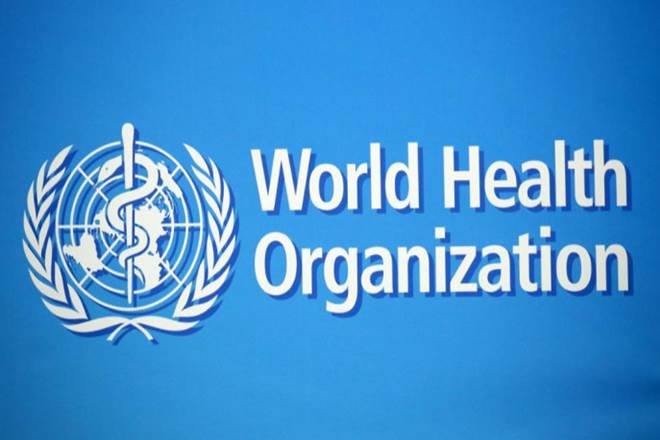Now that Polio is kicked out of Nigeria
The World Health Organisation (WHO) last week declared Nigeria free of polio, a virus that has killed and led to the paralysis of thousands of children in Africa. The certification came after no incident of wild polio was reported in the country for three consecutive years. Rotary spends $2.2bn on polio eradication WHO certifies Nigeria, […]

World Health Organisation (WHO)
The World Health Organisation (WHO) last week declared Nigeria free of polio, a virus that has killed and led to the paralysis of thousands of children in Africa.
The certification came after no incident of wild polio was reported in the country for three consecutive years.
Rotary spends $2.2bn on polio eradication
WHO certifies Nigeria, Africa free of wild polio virus
The last record of the virus in Nigeria occurred in 2016.
With Nigeria’s exit from the polio-endemic countries’ list, WHO has equally declared Africa free of the virus, as Nigeria was the last of the 54 countries in Africa to be certified polio-free.
Dr. John Hewko, Chief Executive Officer (CEO) of Rotary International, which led the vigorous campaign to eliminate the virus from Africa, said of the feat: “Today’s victory over the wild poliovirus in the African region is a testament to what can happen when partners from a variety of sectors join forces to accomplish a major global health goal.
“It is something the world can and should aspire to during these turbulent times (of COVID-19).”
The disease was endemic in 125 countries in the 1980s, to the point that it claimed the lives of over 350,000 children per year, according to WHO.
Today, it is only in Afghanistan and Pakistan, which recorded as many as 102 cases in 2019, that wild poliovirus is prevalent in the world.
This feat was achieved as a result of global efforts stimulated by Rotary under its Global Polio Eradication Initiative (GPEI), launched in 1988 to fight the scourge.
Under the scheme, Rotary worked with WHO, UNICEF, US Centers for Disease Control and Prevention, the Bill and Melinda Gates Foundation, Gavi, the Vaccine Alliance, and Nigeria’s National Primary Health Care Development Agency (NPHCDA).
The huge project was said to have gulped the sum of $17 billion.
A former cardiologist and chair of Rotary International’s Polio-Plus Committee in Nigeria, Dr Tunji Funsho, spoke on the Nigerian experience thus: “The polio eradication programme in Nigeria has gone through some difficult times, but I never once doubted that this day would come.
Any time that we’ve experienced a setback, Rotary and our partners have been able to find solutions and develop new strategies for reaching vulnerable children.”
We commend all the local and international organisations who jointly laboured to kick the wild poliovirus out of Nigeria.
We further congratulate all field workers who endured the difficulty in accessing rural areas in the country to ensure that children received the polio oral vaccine in order to develop immunity from the deadly disease.
The proclamation has proved that the pain they endured was not in vain, after all.
Now that Nigeria is wild poliovirus-free, the onus rests of government to ensure that every child born in the country is immunised against the disease.
To achieve this, Primary Health Care clinics across the country must be provided with polio vaccines and equipped to carry out the routine immunisation.
This would prevent the fire-brigade approach adopted in the last two decades through dedicated national polio immunisation programmes.
Again, to effectively manage it, the country needs well-trained health care workers to administer the shots.
As a result of the emergency measures put in place to deal with the deficiency, government had depended largely on volunteers, many of them not properly trained, to carry out vaccination.
With proper planning and availability of vaccines in clinics spread across the country, immunisation could be carried out seamlessly, no matter how remote the place of birth of a child is.
We call on government and health agencies to continue to enlighten Nigerians on the harmless nature of the vaccine.
The country suffered a setback a few years ago when a section was misinformed and made to believe unfounded conspiracy theory around polio vaccines.
It has been proved that the vaccine is harmless; rather it enhances the health of children and protects them from the wild virus.
Poliovirus has been kicked out of Africa for good.
